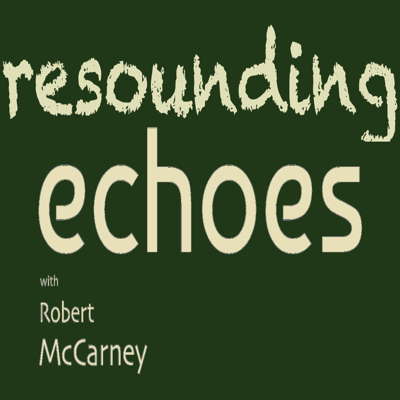- Roger Argente
- Bent Sørensen
- Andrea Silvestrelli
- Rudolf Brucci
- Clive Bayley
- Frank Cooper
- Manhattan
- University of California at Berkeley
 RESOUNDING ECHOES: Beginning in 2022, Robert McCarney's occasional series features little-known twentieth century classical composers.
RESOUNDING ECHOES: Beginning in 2022, Robert McCarney's occasional series features little-known twentieth century classical composers.
 DISCUSSION: What is a work? John Dante Prevedini leads a discussion about The performing artist as co-creator, including contributions from Halida Dinova, Yekaterina Lebedeva, Béla Hartmann, David Arditti and Stephen Francis Vasta.
DISCUSSION: What is a work? John Dante Prevedini leads a discussion about The performing artist as co-creator, including contributions from Halida Dinova, Yekaterina Lebedeva, Béla Hartmann, David Arditti and Stephen Francis Vasta.
Gustaf Allan Pettersson
Swedish composer and viola player (Gustaf) Allan Pettersson was born on 19 September 1911 at Granhammar, Västra Ryd in Uppland. He grew up in poor and difficult circumstances in Stockholm.
He studied violin, viola, counterpoint and harmony at the Royal Swedish Academy of Music, and later studied viola with Maurice Vieux in Paris and went on to play viola in the Stockholm Concert Society and to study composition with Karl-Birger Blomdahl, Tor Mann and Otto Olsson.
At the beginning of the 1950s he spent a year studying composition in Paris, having already written the first of his seventeen symphonies.
By 1962, with five symphonies completed, his health had deteriorated and his mobility was compromised. Two years later, the Swedish government gave him a guaranteed income for the rest of his life.
After nine months in hospital in 1970, he had to spend most of the rest of the decade in his apartment, where he was able to continue to compose. During this period his music began to become well-known.
Allan Pettersson died on 20 June 1980 in Maria Magdalena parish, Stockholm, aged sixty-eight, leaving his seventeenth symphony and a concerto for viola and orchestra unfinished.
A selection of articles about Gustaf Allan Pettersson
CD Spotlight. Strong Utterances of Protest - Gerald Fenech listens to music by Allan Pettersson. '... this is far from easy music ...'
CD Spotlight. The Dead in the Square - Allan Pettersson's Symphony No 12, strongly recommended by Gerald Fenech. 'Christian Lindberg gives a colossal interpretation of this difficult score, where everybody involved is wholly engrossed in Pettersson's unique creation.'

